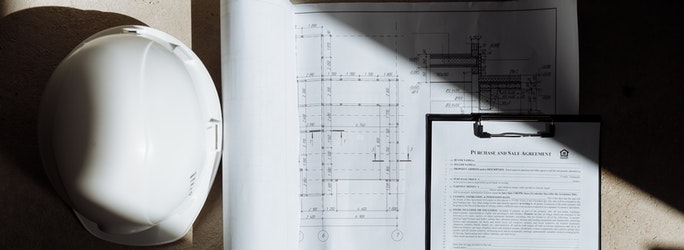In March 2022, Project Scotland reported on conflicting responses to the Scottish Government’s draft National Planning Framework 4 (NPF4), some considering it “ambitious” with others concerned that it could exacerbate the current housing shortfall.
One of the key principles of NPF4 is the “20 minute neighbourhood”, where localities (urban or rural) are designed for residents to meet their daily needs within a 20 minute walk of their home, through access to safe walking/cycling routes or public transport. The concept is intended to meet 4 specific aims:
- decreased health inequalities
- improved local economies
- climate action
- improved liveability and quality of life
In the context of NPF4 and the 20-minute neighbourhood, consideration will be required on the range of housing to be provided in any development. Luxury villas are all well and good, but cannot alleviate the housing shortage if locals and those on lower incomes are priced out of the market. Local authorities will require a significant proportion of any development be for affordable housing, whether as Council/RSL housing or affordable private housing, or alternatively, a financial contribution for provision of affordable housing elsewhere in the area. There may also be contributions required for local amenities, e.g. schools, play facilities, and green spaces.
NPF4 envisages a move towards net zero carbon emissions. All local authority/RSL new build properties are to have net zero heating emissions by 2026. To achieve this, new buildings from 2024 will be required to use zero direct emission heating systems, e.g. individual electric heat pumps, electric storage heaters, or low emission systems such as those that use hydrogen. The net zero standard is expected to be applied to all homes by 2045, so property renovators should be aware of this as existing gas-powered heat sources require renewal.
More generally, all new or refurbished homes will need to meet the “tolerable standard” in the Housing (Scotland) Act 1987, including satisfactory thermal insulation, smoke and CO2 detectors, and electrical systems compliant with current regulations. Under the Housing (Scotland) Act 2006, local authorities have the power to issue notices requiring properties be brought up to standard or, in extreme cases, for demolition. If these works are not carried out, the local authority may do so themselves, and recover the cost from the owner.
One practical consideration in the construction of new housing, particularly in rural areas, is that local infrastructure may not be able to accommodate the movement of heavy plant for building works. Therefore, any developer should be prepared for upgrades to existing road networks in their planning application, for movement of construction traffic and for the longer-term sustainability of the road from increased traffic from population growth, and the policy aim of improving the public transport network.
Developments will need to address the importance of connectivity and social spaces. In terms of infrastructure, it is essential that people can work effectively from their community (whether from home or in purpose-built spaces). Therefore, adequate, reliable telephone and internet networks are essential to allow for this. Social spaces are also crucial in creating a sense of community. Developers should look for opportunities to create or enhance social spaces, possibly through collaboration with existing community organisations such as sports clubs or social clubs. The possibility of adding a community value to a development is likely to be looked on favourably by planners and may also serve a developer’s corporate social responsibility aims.
Originally published in Project Scotland July 2022.


